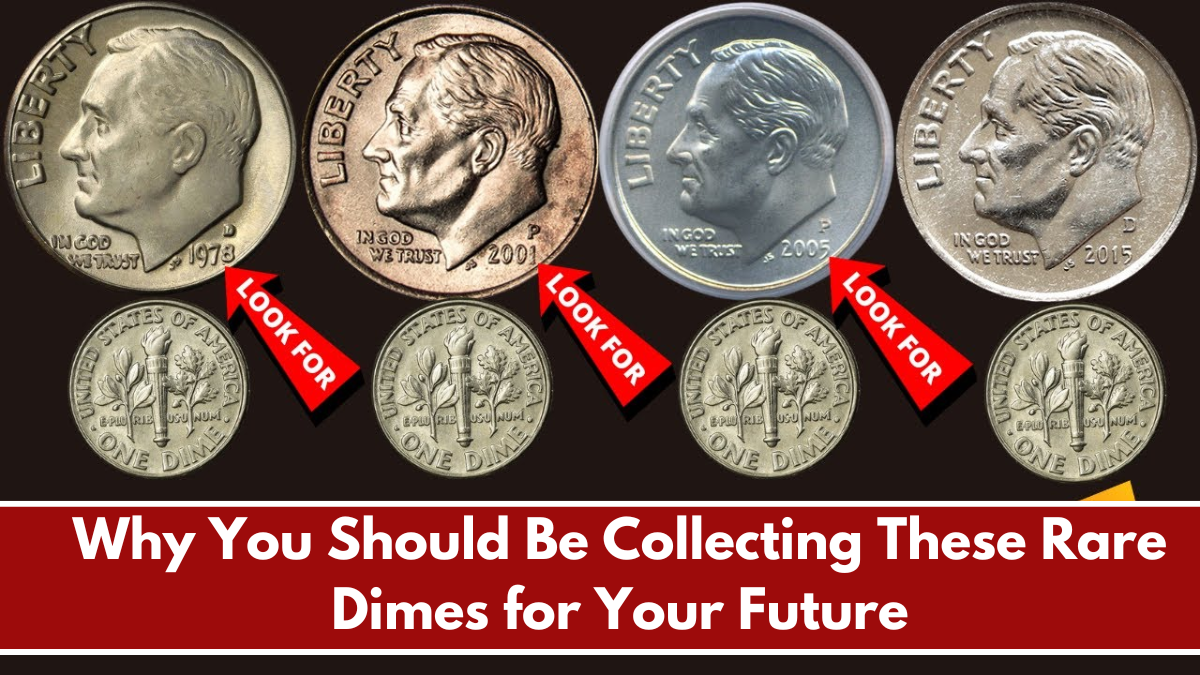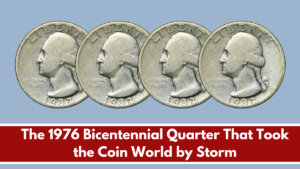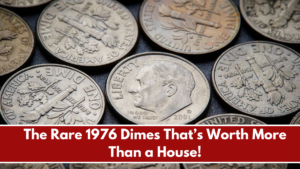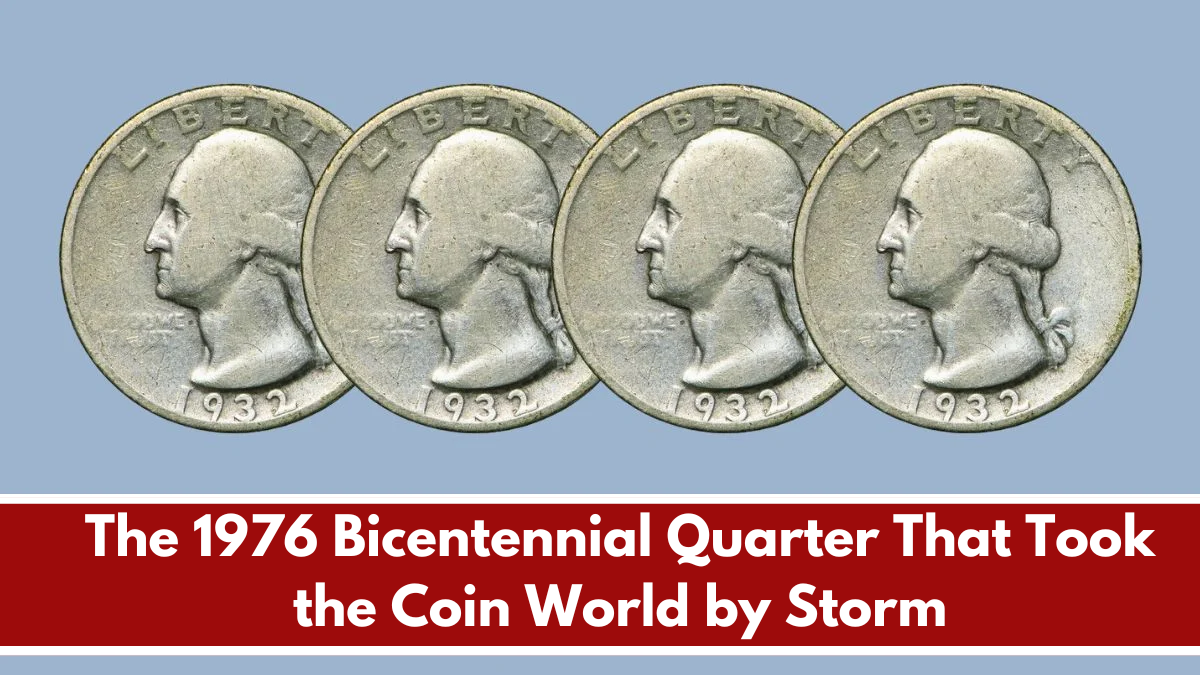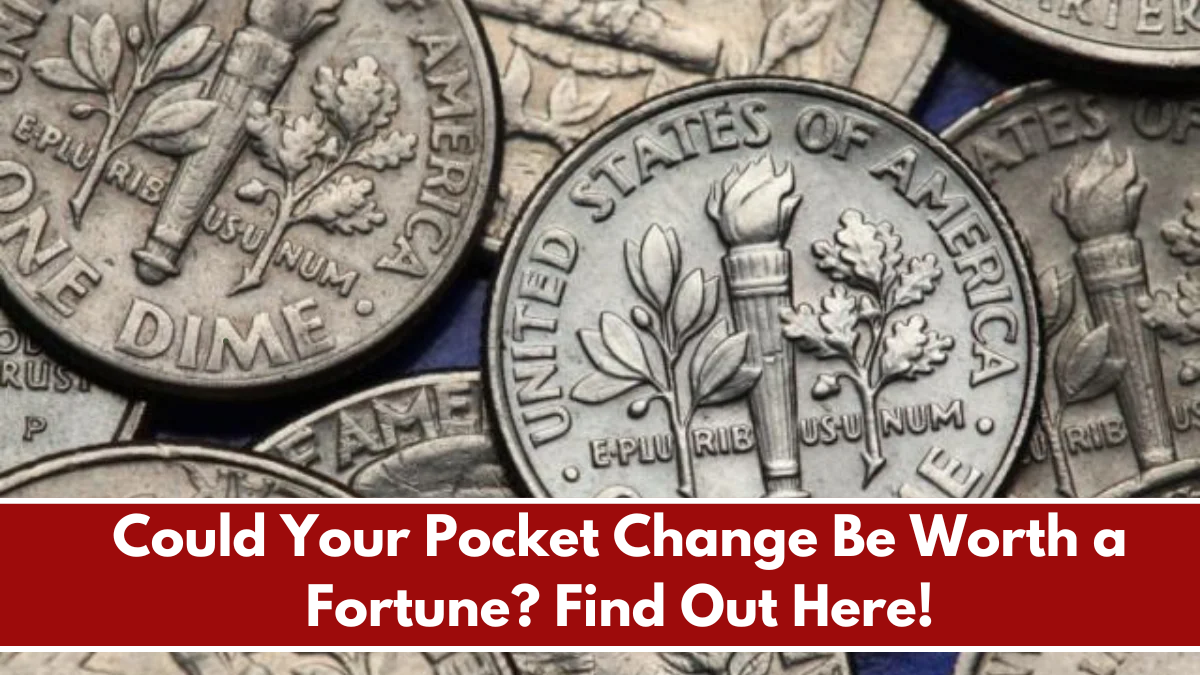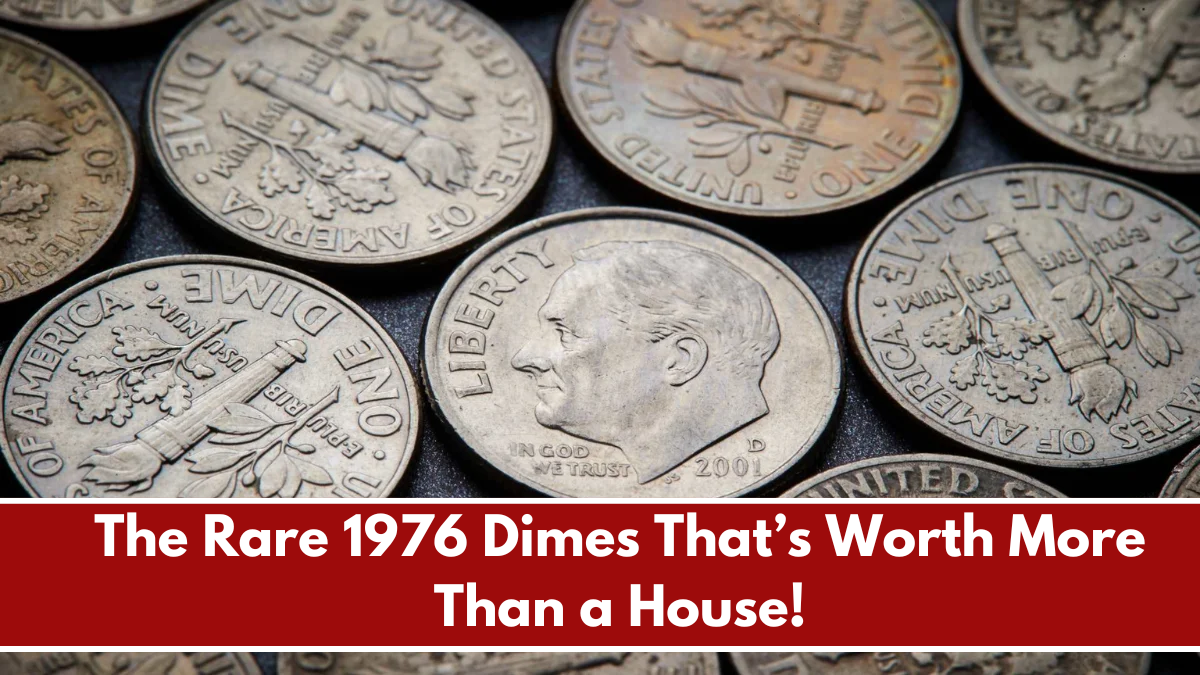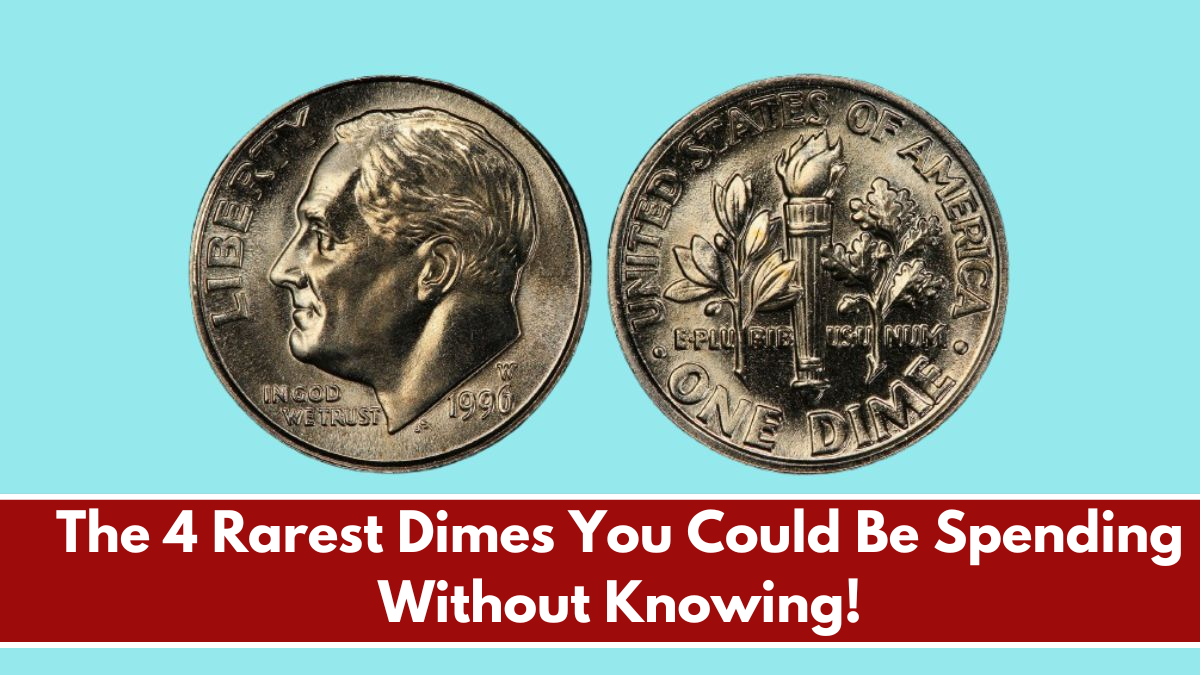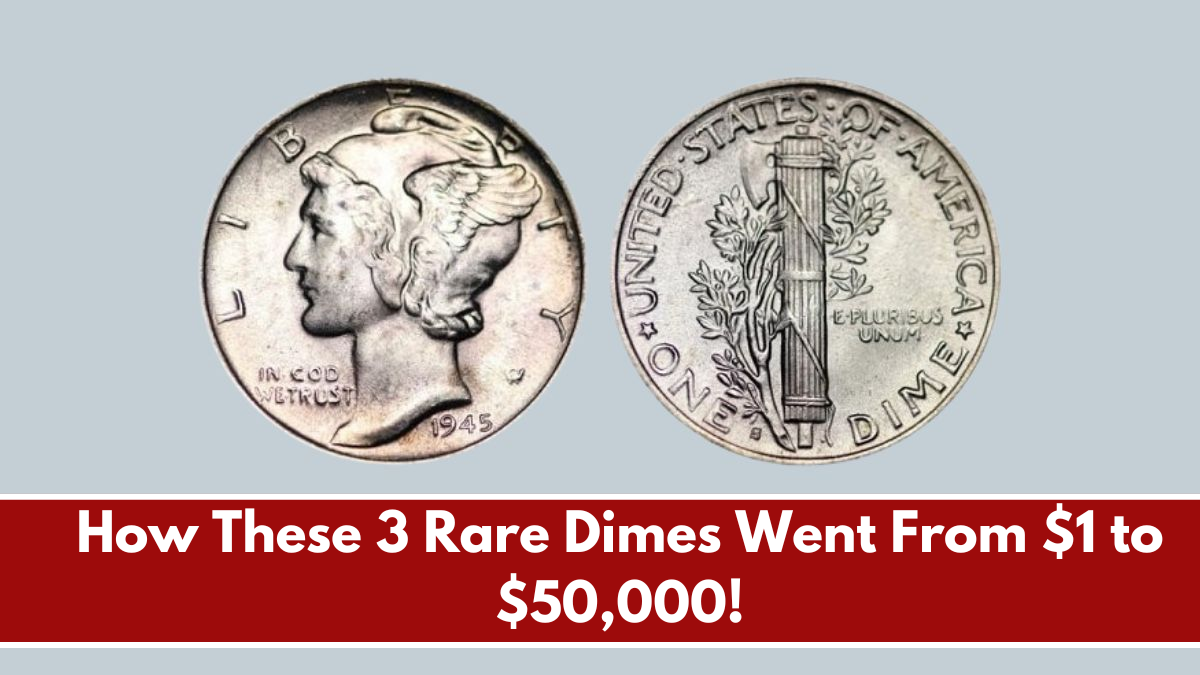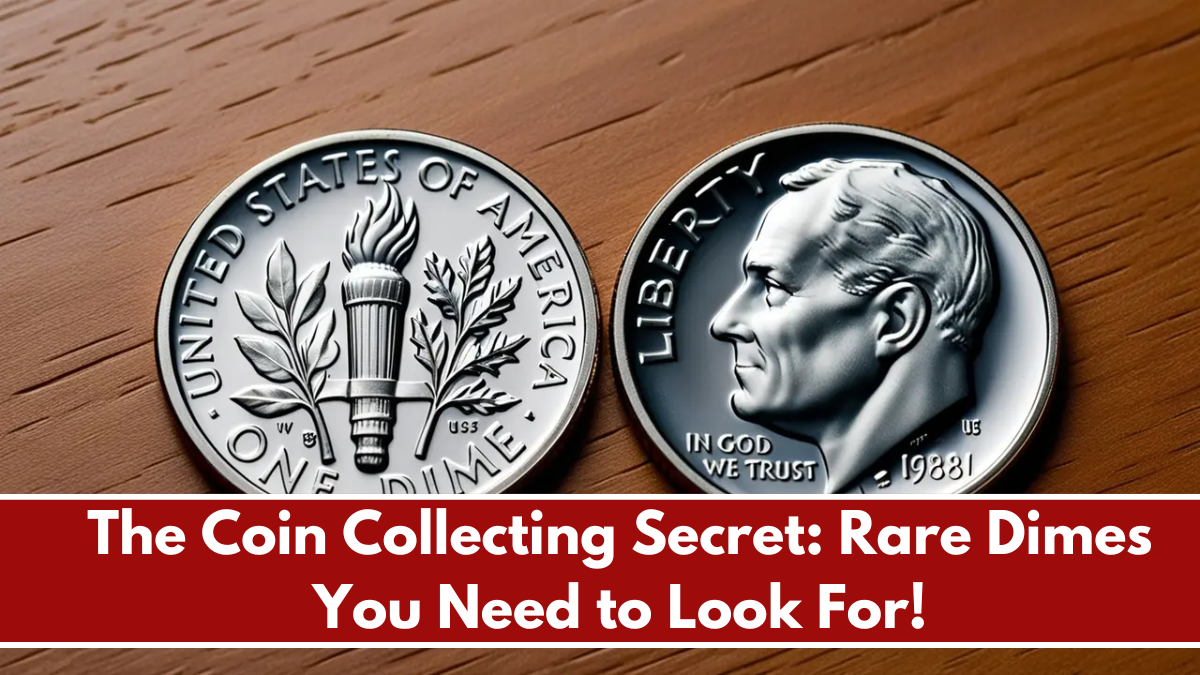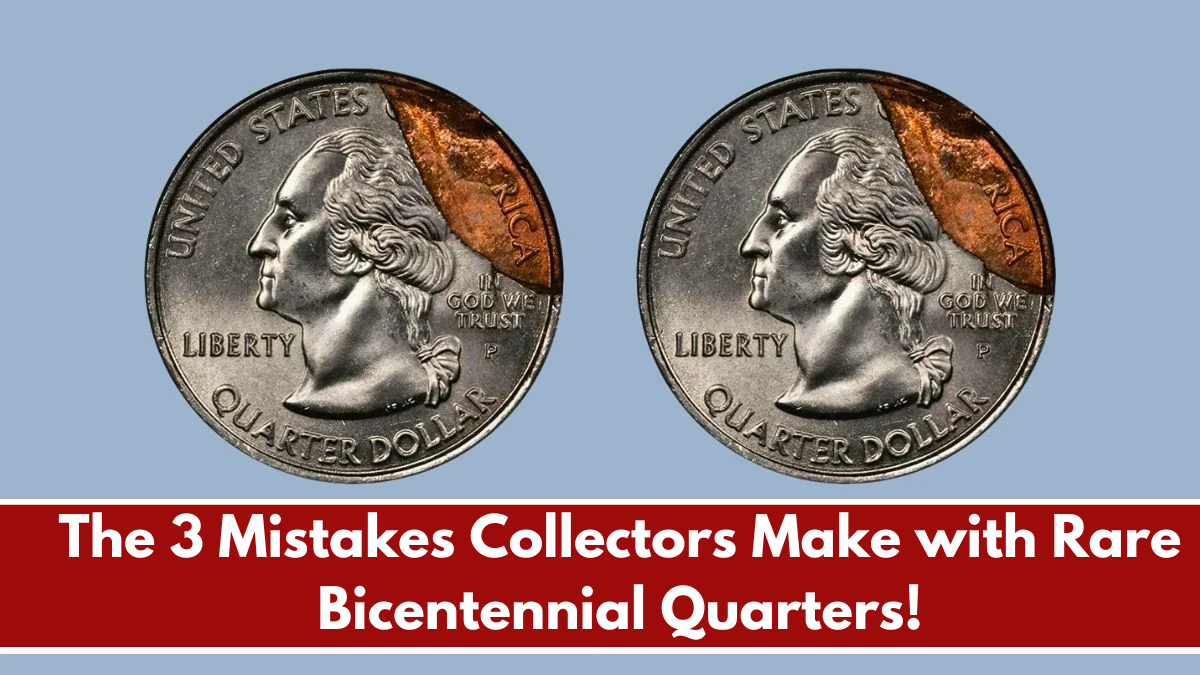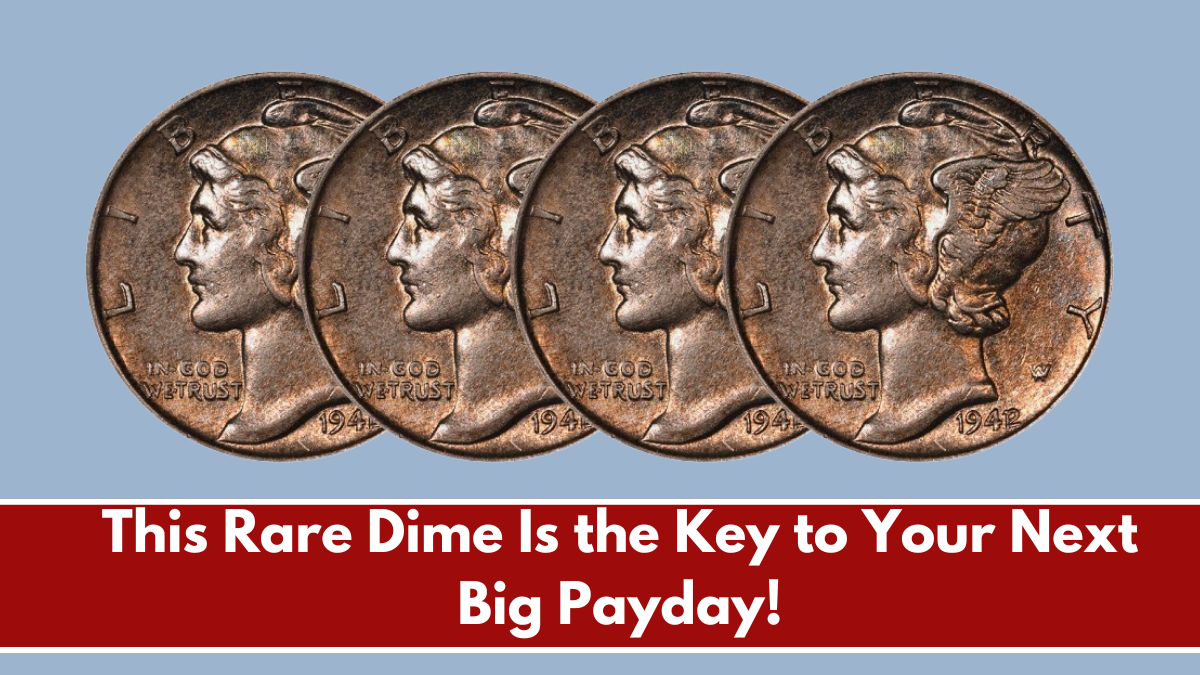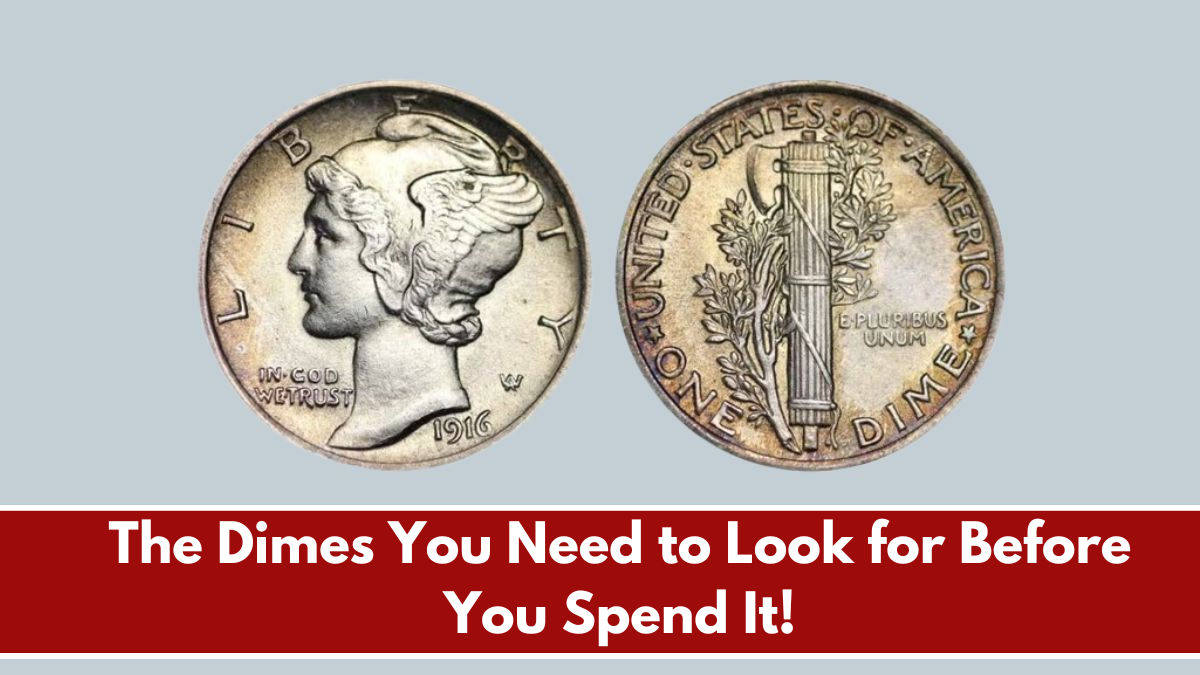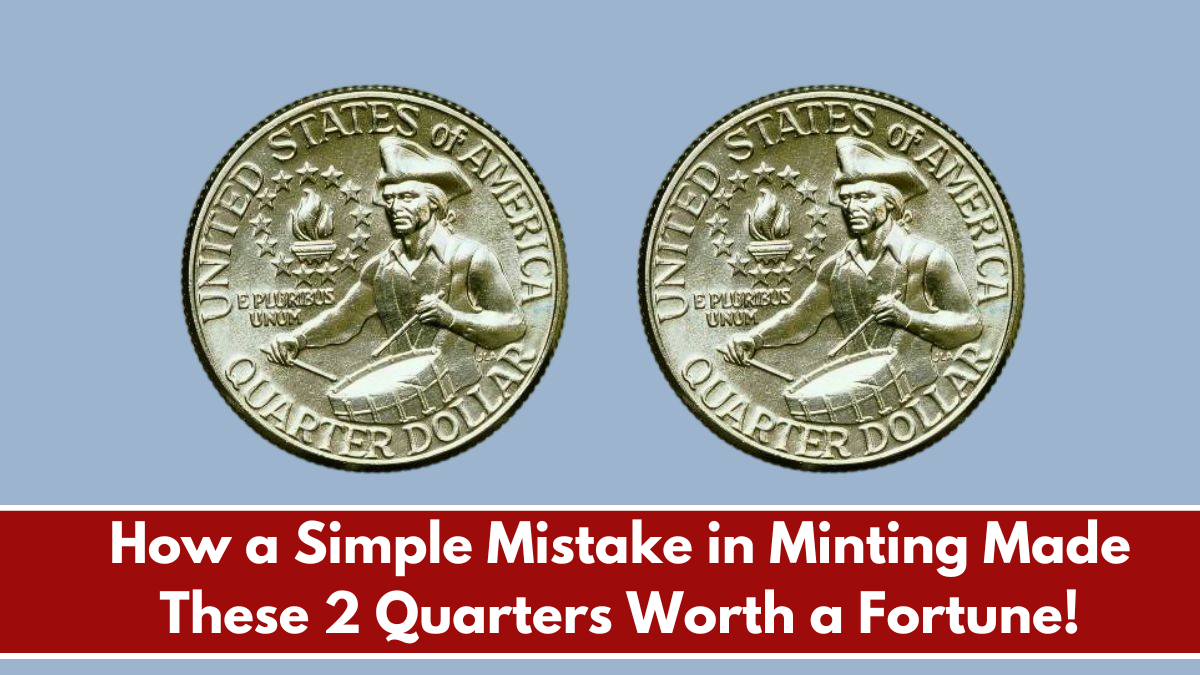Coin collecting isn’t just a hobby—it can also be a wise investment for the future. While many people think of coin collections as something to be passed down through generations, they can also provide significant financial returns if you know what to look for. One type of coin that’s particularly valuable is the rare dime. With some rare dimes fetching thousands of dollars at auctions, they could be the perfect way to build a future financial safety net. Let’s explore why you should consider collecting rare dimes for your future.
1. The Value of Rare Dimes
Dimes may seem like small, everyday coins, but some rare ones can be worth a lot more than their face value. For example, the 1894-S Barber dime is one of the most sought-after coins, with some examples fetching over $1.9 million at auction. Even more modern dimes, like the 1942/1 Mercury dime with a rare overdate error, can be worth up to $100,000 in good condition. The key to their value lies in rarity, condition, and unique features, such as minting errors, which can significantly increase their worth.
2. The Potential for Long-Term Growth
Many people think of coin collections as something fun to do now, but they can also be an investment for the future. Like stocks or real estate, rare coins tend to appreciate over time. As fewer dimes are in circulation, especially those with minting errors or unique characteristics, their value continues to rise. Collecting rare dimes now could lead to significant financial gains down the road, especially if you hold onto them for decades. This makes them a great addition to any long-term investment strategy.
3. Discover Hidden Gems in Your Pocket Change
You don’t have to go to a coin shop or auction house to start your collection. Rare dimes could be hiding in your spare change, waiting to be discovered. Coins that were minted with errors, or those in pristine condition, are often overlooked by the average person. By keeping an eye on your everyday pocket change and learning what to look for, you could find dimes worth far more than 10 cents. These unexpected treasures can make collecting rare dimes an exciting and potentially lucrative activity.
4. Building a Collection for Generations
When you start collecting rare dimes, you’re not just investing in your future—you’re also creating a collection that could be passed down through generations. Coins with historical significance, unique errors, or famous designs tend to retain their value. A well-curated collection could become a cherished family heirloom, potentially increasing in value as the years go by. In fact, coins that were once overlooked can become highly valuable over time, making them a wise and sentimental investment.
Whether you’re looking to secure your financial future or simply enjoy the thrill of finding rare coins, collecting dimes is a smart choice. With the potential for high returns, the chance to discover hidden treasures, and the satisfaction of building a collection that could last generations, rare dimes offer an exciting opportunity for coin collectors of all levels. Start your collection today, and you could be sitting on a small fortune in the years to come.
FAQ’s:
1. How do I know if a dime is rare?
Rare dimes often have unique features, such as minting errors (e.g., double strikes or overdates), low mintage numbers, or are from historical years. Learn to recognize these features to identify valuable coins.
2. Can I find rare dimes in my change?
Yes! Rare dimes can be found in everyday pocket change. Keep an eye out for older coins, as well as dimes that appear to have minting errors or unusual characteristics.
3. How should I store my rare dimes?
To preserve their value, store your rare dimes in protective holders, such as coin flips, capsules, or albums. Keep them in a dry, cool, and dark place to prevent damage.
4. How do I sell my rare dimes?
You can sell your rare dimes to coin shops, through auctions, or by contacting professional coin dealers who specialize in rare and collectible coins.
5. Are rare dimes a good investment?
Yes! While the value of rare dimes can fluctuate, they often appreciate over time due to their rarity, condition, and collector demand. A well-chosen collection could provide substantial returns.
